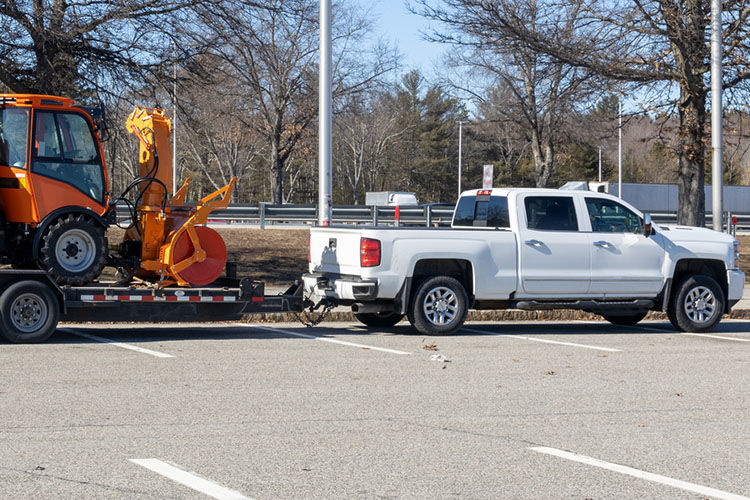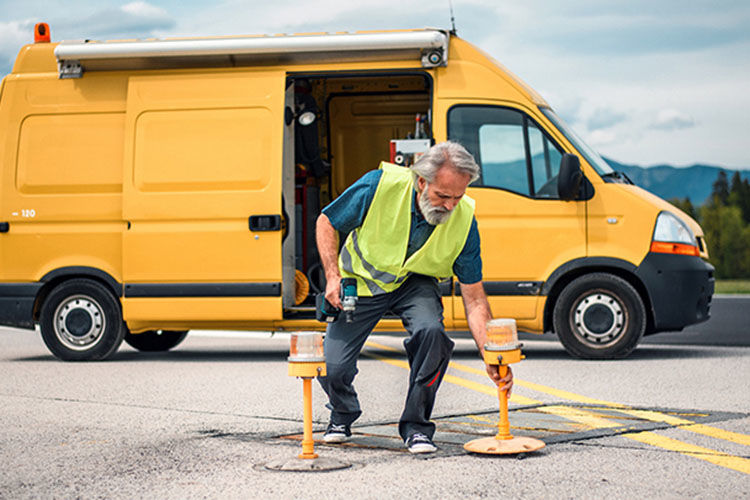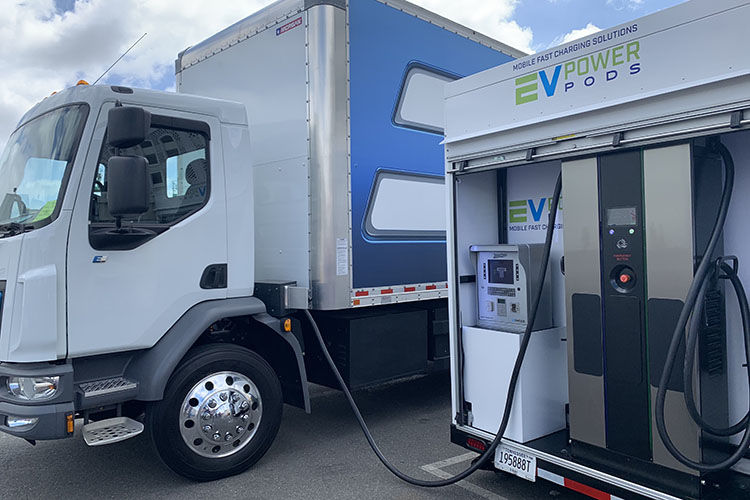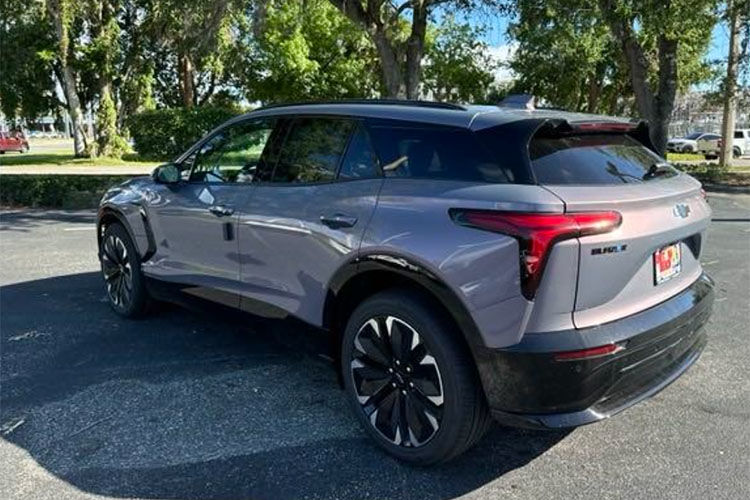Co-Opetition On The Road Ahead for Commercial Vehicles


Co-Opetition On The Road Ahead for Commercial Vehicles
With climate change dominating global discourse, the transportation sector's shift towards zero-emission vehicles (ZEVs) isn't just an evolution—it's a revolution. And this seismic shift demands more than just a change in fuel sources; it calls for an unprecedented level of integration across various facets of the industry to redefine customer service.
California's Emission Standards: A National Benchmark
California, a long-standing environmental trailblazer, has once again led the charge with its stringent emission standards. These regulations, some of the toughest in America, compel not only local but also global commercial vehicle players to pivot toward cleaner transportation solutions. The state's standards have become a de facto benchmark, catalyzing a wave of innovation and urgency in the shift to ZEVs. These constraints have birthed a whole litter of new challenges, not the least of which is how manufacturers can create products that meet both regulatory demands and the needs of their customers.
“We’re still moving around concrete saws and taking an electrician to a house, and he's got panels and batteries and other things he's got to put into the house, and that stuff still stays the same size. So the physical constraints of size may not be changing, but the challenges of capacity with ZEVs and what you can do to maintain that capacity are part of the Rubik's Cube that we're trying to figure out.”
–Mandar Dighe, Global Sales/Marketing at Knapheide
Industry Integration
The transition towards electric and zero-emission commercial vehicles is monumental, demanding more than just technological advancements; it requires a holistic integration of collaboration, technology, and market adaptability. The unification of efforts across automakers, tech companies, energy providers, and policymakers is indispensable for achieving the levels of innovation and efficiency necessary to meet and exceed these standards.
“There was a book in the 80s called Co-Opetition. It was about working with your competitors as partners. That's exactly what we need to do, and it's a paradigm shift for some people. Some organizations have the cultural belief that they must dominate the entire spectrum, and that's not going to help us ensure that an essential industry continues to operate the way we need it to in order to meet the needs of everyone.”
–Kirk Mann, EVP at Mitsubishi HC Capital America
Collaboration and Technological Innovation at The Forefront
Collaboration stands as a cornerstone in this journey. For instance, partnerships between vehicle manufacturers and software companies are unlocking new prospects in connected vehicles and data analytics, providing real-time insights and predictive maintenance capabilities that greatly enhance customer service.
Connected vehicles offer opportunities for value-added services, fundamentally transforming customer interactions with commercial vehicles. Similarly, the power of data analytics cannot be understated. It enables businesses to optimize operations, reduce costs, and tailor services to individual customer needs.
As the market evolves, so must the capabilities of the commercial vehicle industry.
“It's a complicated equation because of the fact you've got to meet these regulatory demands from a zero emission standpoint, so your portfolio has to grow, and the amount that you're spending in R&D has to be larger, but you've got to look at it with an eye on the future to be sure that you're going to meet customer needs that everybody has not only today but what needs they're going to have in the future. So, we're making that investment through partnerships and alliances that help to drive some of the cost down. It used to be that everybody wanted to do it on their own. Now, doing it on your own is impossible.”
–Shaun Skinner, President and COO of Isuzu Commercial Truck of America
Developing a nimble approach is crucial. This adaptability ensures not only survival but also the thriving of businesses in an increasingly competitive and regulated landscape.
Facing The Future with Optimism
The industry's horizon is filled with promise despite potential disruptions, from supply chain challenges to technological barriers. The collective progress, underpinned by a commitment to innovation and a shared vision for a greener future, underscores an optimistic outlook.
Explore even more insights about the future of commercial vehicles in this video of the CVBS Spring 2024 summit. Industry leaders Sean Skinner, Kirk Mann, and Mandar Dighe are hosted by Jim Press, Senior Advisor at Work Truck Solutions and former COO of Toyota North America and Co-President of Chrysler, in a discussion about electrification, emissions standards, and the evolution of customer service.
SHOP ADVANCED FUEL VEHICLES NOW
Published on: June 18, 2024 Easing Into a Zero-Emission Commercial Vehicle Fleet: How One Hydrogen Truck Can Start a Revolution
Easing Into a Zero-Emission Commercial Vehicle Fleet: How One Hydrogen Truck Can Start a Revolution Exploring Practical Options To Lower Your Construction Fleet's Carbon Footprint
Exploring Practical Options To Lower Your Construction Fleet's Carbon Footprint Class 2b-3 Commercial Vehicles: Where We Are and Where We’re Going
Class 2b-3 Commercial Vehicles: Where We Are and Where We’re Going Propane Powers the Future of Fleet EV Charging
Propane Powers the Future of Fleet EV Charging Electric SUVs: The Overlooked Asset for Your Commercial Fleet
Electric SUVs: The Overlooked Asset for Your Commercial Fleet






